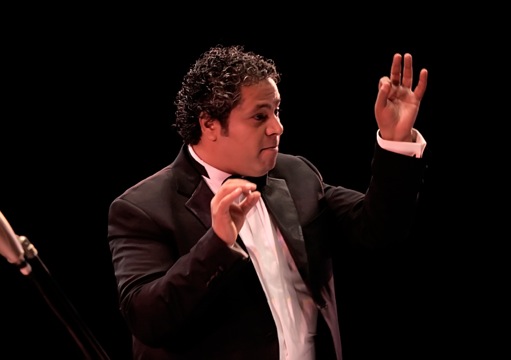Feted for a career that has spanned 40 films and a half-century, Claude Lelouch voices one nagging regret: that he never made a Hollywood movie.
Artistic differences, the French filmmaker told AFP in an interview, stood in the way of that, although he professes a profound love for America, where he made two of his films.
The movie-making industry in the United States focuses on crowd-pleasers calculated to sell tickets, while Lelouch said his work is in the tradition of "cinema auteur, in which the filmmaker heeds, first and foremost, his own artistic voice.
"What I love now," he said in an interview on the margins of a major film festival wrapping up in Los Angeles, "is not knowing where I am going."
It is a vision of filmmaking which he concedes is at odds with the prevailing ethos of Hollywood, where box office is king.
Lelouch is in Hollywood for the City of Lights, City of Angels (COL-COA) film festival, created in 1996 by The Franco-American Cultural Fund, a collaboration of French and US entities which aims to showcase new French cinema.
The award winning filmmaker also has a film being screened here in its West Coast debut, "From One Film To Another" — "D’un Film a l’Autre," which was released in France last week.
A giant of French cinema, Lelouch actually directed two movies filmed in the United States, the first of which was "Un homme qui me plaît" (1969) with Jean-Paul Belmondo and Annie Girardot, which was released in America under the title "Love is a Funny Thing."
His other movie filmed in this country was the 1977 movie "Un autre homme, une autre chance" ("Another Man, Another Chance), with James Caan and Francis Huster.
But these productions, he said, while made in America, were unabashedly French in their sensibility.
For Lelouch, filmmaking is a journey in which he aims "to discover when the film is finished and to make movies that speak more to the audience’s heart than to its brain."
Hollywood, by contrast, he said tends to be mostly about the public and by extension, about box office.
"I discovered that I was not cut out for the film of compromise and which only thinks about pleasing the public," the director said.
Still best known in America for his Oscar-winning breakout 1966 film "A Man and a Woman" Lelouch said he did come close — on more than one occasion, in fact — to being tapped by America’s film industry to direct a movie.
"After ‘A Man and a Woman,’ Marlon Brando and Steve McQueen called me about the three of us doing a movie together," Lelouch recalled, a proposition that he admitted he found "very exciting" at the time.
"I spent a week with Steve McQueen, with whom I spent some delicious moments, even if he was a bit crazy. He dragged me all over Los Angeles in his car. I loved that guy," the filmmaker reminisced fondly.
The venture faltered, he said, over competing artistic expectations.
On one hand, there was McQueen all but seducing him to sign on for the movie. On the other, "there was Brando, tightening the screws," said Lelouch.
All along the way, he said there were the movie’s two producers "telling me all day long everything that the public wanted and expected in a film starring McQueen and Brando," he said of the collaboration, which never got off the ground.
Lelouch has since written and directed over 40 films. He started as a reporter, filming sporting events like the Tour de France and the Olympics.
His fame skyrocketed when "A Man and a Woman" won the Palme d’Or at the Cannes Film Festival and two Academy Awards for Best Foreign Language film and Best Original Screenplay.
Lelouch conceded that some directors in the United States with a similar sensibility manage to break out and attain success and fame, like Woody Allen, or the sometimes quirky brothers Ethan and Joel Coen.
But for the most part, Hollywood is more concerned with the whims of the public than the vision of the director, he lamented.
That became clearer than ever, Lelouch said, during the 1990s when he was tapped to bring the bestselling Paulo Coelho novel "The Alchemist" to the big screen.
"I wrote an adaption that Coelho loved," he said.
"But the guys at Warner Brothers told me "we can’t find the book. We have to allow the public to find the book," Lelouch said, recounting how once again, differing artistic aesthetics scuttled his dream of making a Hollywood movie.
"I understood right away," he recalled, "and politely said ‘no.’"


